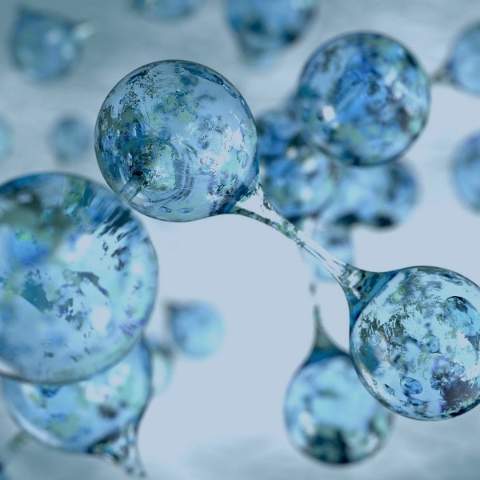Industrial sectors, including energy, steel and chemicals, are looking to develop large-scale applications for hydrogen production, planning to replace fossil fuels and reduce carbon emissions and prevent global warming.
Hydrogen is divided into several categories, indicated by color, indicating the process of its production and the degree of impact on the environment.
Here are the details on green, gray, blue and turquoise hydrogen:
Green Hydrogen
Derived from renewable sources, which may include offshore wind-driven floating electrolysis plants.
Green hydrogen can be stored, piped, or transported by tanker to consumers, for example, to service hydrogen filling stations.
Hydrogen can also be converted to synthetic methane of the same quality as natural gas, but this process is in its infancy.
Hydrogen gray
Using steam methane reforming, which is now the industry standard process, it involves the extraction of hydrogen from fossil fuels such as coal or gas to release carbon monoxide and carbon dioxide.
Blue hydrogen
Blue hydrogen is gray hydrogen, but it captures 2 CO emissions for placement in underground or underwater storage facilities. Some environmentalists oppose this option, seen as a transitional approach, while green hydrogen cannot fully meet demand.
Turquoise Hydrogen
Also called low carbon hydrogen and still very small scale, it is hydrogen generated from natural gas but using pyrolysis, where the gas is passed through molten metal, forming solid carbon as a byproduct with useful uses.




